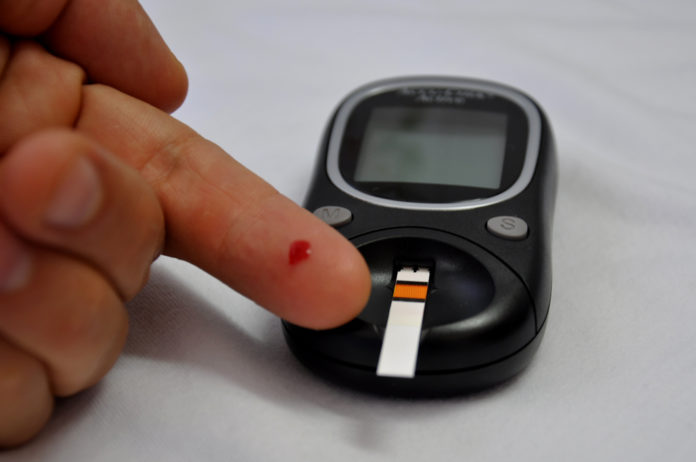BCG vaccine shows promise in reducing blood sugar levels in adults suffering from Type I diabetes
An almost one hundred year old TB vaccine could have a role in reversing Type 1 diabetes – more common in children.
Three years after receiving two administrations of the bacillus Calmette-Guérin (BCG) vaccine four weeks apart, all members of a group of adults with longstanding type 1 diabetes showed an improvement in HbA1c to near normal levels. The improvement persisted for the following five years.
The study from a Massachusetts General Hospital (MGH) research team – published in npj Vaccines – also reports that the effects of BCG vaccine on blood sugar control appear to depend on a totally novel metabolic mechanism that increases cellular consumption of glucose.
“This is clinical validation of the potential to stably lower blood sugars to near normal levels with a safe vaccine, even in patients with longstanding disease,” says Denise Faustman, MD, PhD, director of the MGH Immunobiology Laboratory , principal investigator of BCG clinical trials at MGH and senior author of the npj Vaccines report. “In addition to the clinical outcomes, we now have a clear understanding of the mechanisms through which limited BCG vaccine doses can make permanent, beneficial changes to the immune system and lower blood sugars in type 1 diabetes.”
Faustman will also present five-year follow-up results of a separate group of BCG clinical trial participants with longstanding type 1 diabetes on Saturday, June 23, at the 78th Scientific Sessions of the American Diabetes Association in Orlando.
HbA1c levels of those receiving BCG had dropped by more than 10 percent at three years after treatment and by more than 18% at four years. That reduction was maintained over the next four years
Used for almost a century to prevent tuberculosis, BCG has been known for more than 30 years to boost production of a cytokine called tumor necrosis factor (TNF). TNF may be beneficial in autoimmune diseases both by eliminating the autoreactive T cells that attack an individual’s tissues – in the case of type 1 diabetes, pancreatic islets – and by inducing production of regulatory T cells (Tregs) that could prevent an autoimmune reaction.
Faustman’s team first reported in 2001 that inducing TNF production could cure type 1 diabetes in mice, but since TNF dosing is toxic in humans, clinical trials have utilized BCG for its ability to elevate TNF levels safely.
Regular monitoring of clinical trial participants found that HbA1c levels of those receiving BCG had dropped by more than 10 percent at three years after treatment and by more than 18 percent at four years. That reduction was maintained over the next four years.


